Tangail, July 8 (V7N) – In a unique and proactive move, inmates of Tangail District Jail were seen participating in a mosquito control and cleanliness campaign on Tuesday morning, following a nationwide rise in mosquito-borne diseases like dengue and chikungunya.
Wearing protective gear and carrying fogging machines, prisoners moved through the jail premises targeting mosquito breeding areas, while others used sickles and shovels to clear overgrown bushes, blocked drains, and stagnant water. The initiative was formally inaugurated by Tangail Jail Superintendent Md. Shahidul Islam.
The drive was launched in compliance with directives from the Inspector General of Prisons, urging all correctional institutions to implement immediate mosquito control measures amid escalating dengue outbreaks across the country.
Superintendent Shahidul Islam told reporters that not only inmates but also prison officials, their school- and college-going children, and even local youths joined the campaign enthusiastically, turning it into a community-driven health effort.
Fogging machines were used to kill adult mosquitoes, while other tools such as sickles and hoes were deployed to clean vegetation, drainage systems, and waterlogged areas inside the prison compound. The unified approach reflects an emerging model of cooperative public health action within correctional facilities.
Present at the launch were Jailor Md. Habibur Rahman, Deputy Jailor Abul Kalam Azad, Sergeant Md. Abul Hossain, and Assistant Surgeon Dr. Abibur Rahman, among others.
Background & Context:
With Bangladesh witnessing a surge in dengue infections, particularly during the monsoon months of July to September, authorities across multiple sectors are intensifying vector control measures. The prison system, often vulnerable due to high population density and enclosed spaces, has become a focus point for preventive actions.
According to health experts, early measures like eliminating mosquito breeding grounds, especially in institutions such as jails, hospitals, and schools, are crucial in avoiding large-scale outbreaks.
END/BKC/SMA/



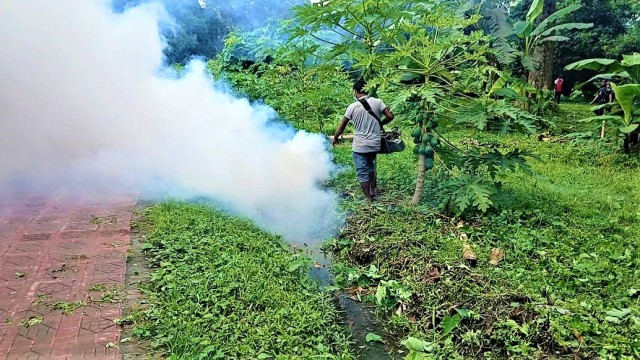
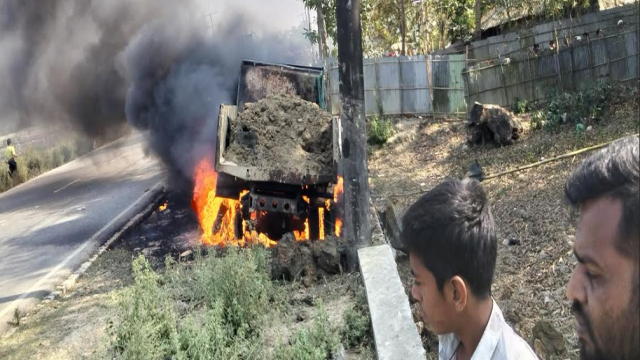

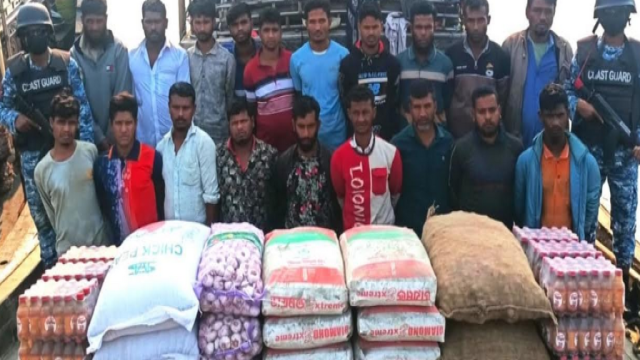

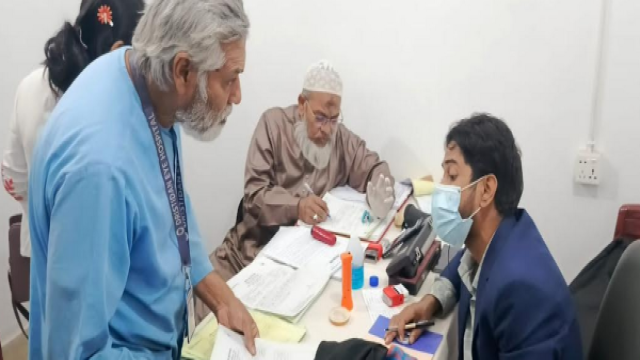
















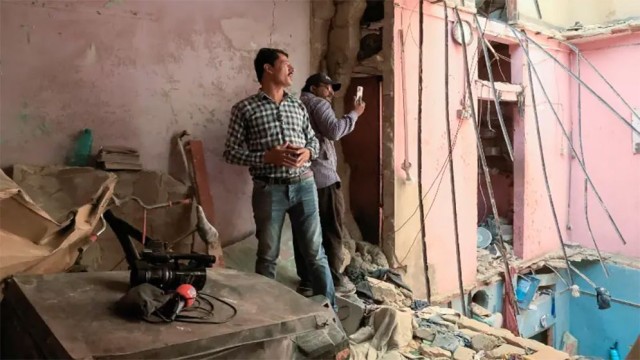




Comment: